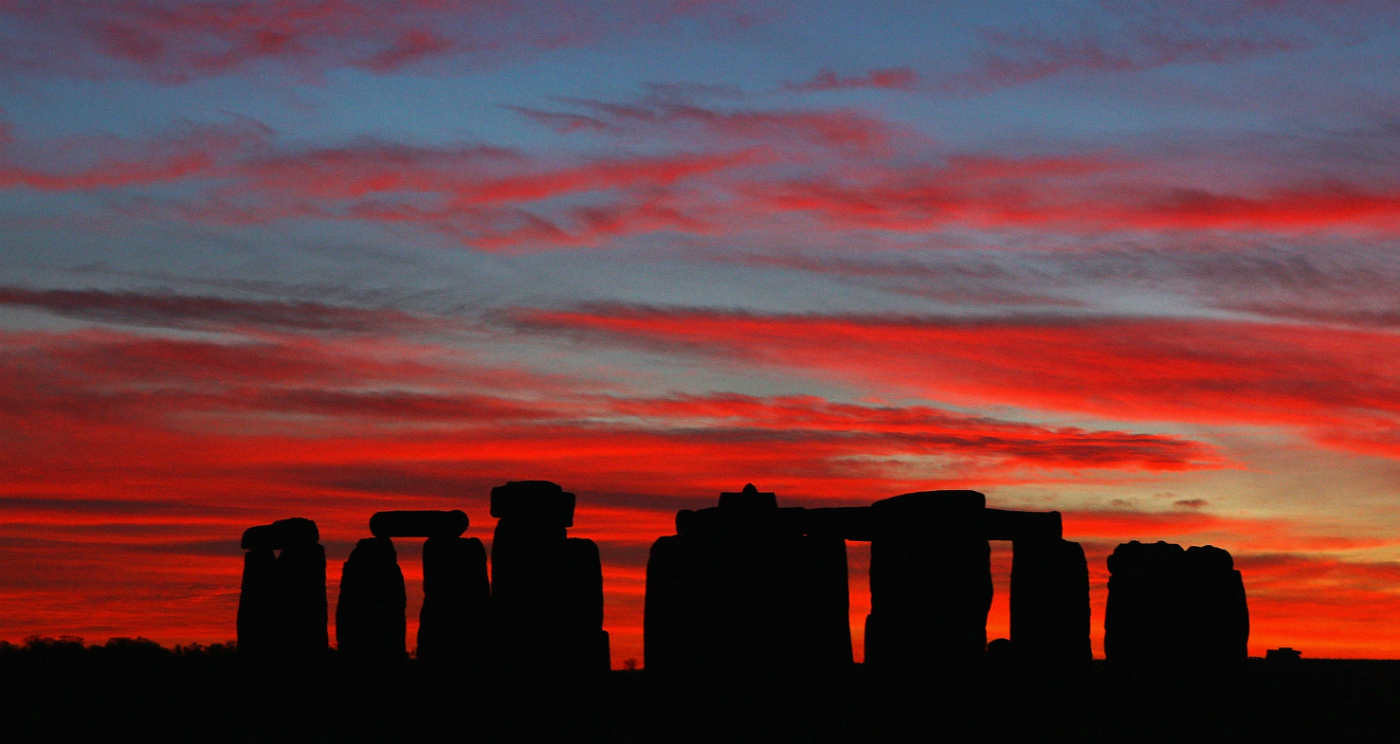What is the winter solstice?
Today marks the shortest day of the year but what does it all mean?

A free daily email with the biggest news stories of the day – and the best features from TheWeek.com
You are now subscribed
Your newsletter sign-up was successful
Today marks the winter solstice, the shortest day of the year. The North Pole is tilted furthest from the Sun, delivering the fewest hours of sunlight to the northern hemisphere, and the Sun appears at its lowest on the horizon. But the good news is that after today the days will begin to get longer again.
What does ‘solstice’ mean?
The term “solstice” derives from the Latin word “solstitium” meaning “Sun standing still”. On this day, the Sun seems to stand still at the Tropic of Capricorn.
The Week
Escape your echo chamber. Get the facts behind the news, plus analysis from multiple perspectives.

Sign up for The Week's Free Newsletters
From our morning news briefing to a weekly Good News Newsletter, get the best of The Week delivered directly to your inbox.
From our morning news briefing to a weekly Good News Newsletter, get the best of The Week delivered directly to your inbox.
How is Stonehenge linked to the solstice?
Druids and pagans will be among the thousands of people travelling to Stonehenge this morning to witness the sunrise. Many believe the prehistoric site was constructed to align with the rising and setting sun on this day.
Archaeologists believe the monument was constructed around 3,000 BC when the winter solstice was a time to slaughter cattle so they would not have to be fed through the winter. Wine and beer would also have been ready to drink.
“The only other megalithic monuments in the British Isles to contain a clear, compelling solar alignment are Newgrange in County Meath, Ireland and Maeshowe situated on Mainland, Orkney, Scotland” says the The Daily Telegraph. “And both famously face the winter solstice sunrise.”
A free daily email with the biggest news stories of the day – and the best features from TheWeek.com
Is it always today?
No not always.
The shortest day of the year often falls on December 21, but the modern calendar of 365 days a year – with an extra day every four years – does not correspond exactly to the solar year of 365.2422 days.
The solstice can happen on December 20, 21, 22 or 23, although December 20 or 23 solstices are rare.
In 2009, the collection of druids and pagans turned up at Stonehenge on 21 December but didn’t realise they were, in fact, a day early.
A spokesman for English Heritage said at the time: “About 300 people turned up a day early. We took pity on them and opened the stone circle so they could celebrate anyway. They were a day early but no doubt had a wonderful time as well.
“People always assume that because the Summer solstice is the June 21st, the winter solstice will be the 21st of December. They should always check because it does change.”
A worldwide tradition?
Cultures around the world have long held feasts and festivals today to celebrate the coming of longer days and lighter nights.
These include the ancient Roman Saturnalia, the pre-Christian festival of Jul observed in Scandinavia, the Iranian Yalda – and Guatemala’s Santo Tomas.
Don’t worry if you miss this one though, you don’t have long to wait – the next solstice in our solar system is on the 3rd of January when the northern summer solstice on Mars occurs.